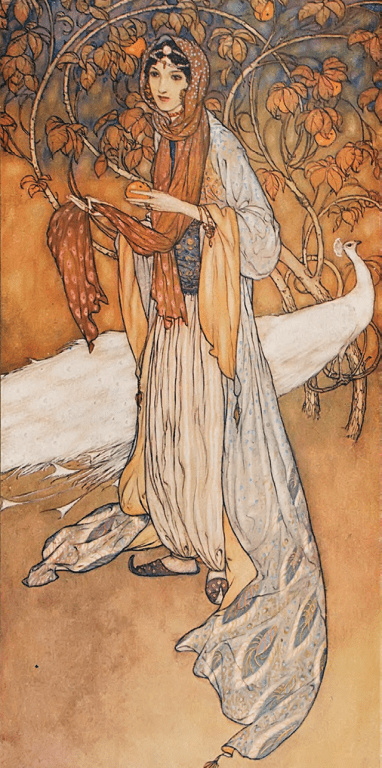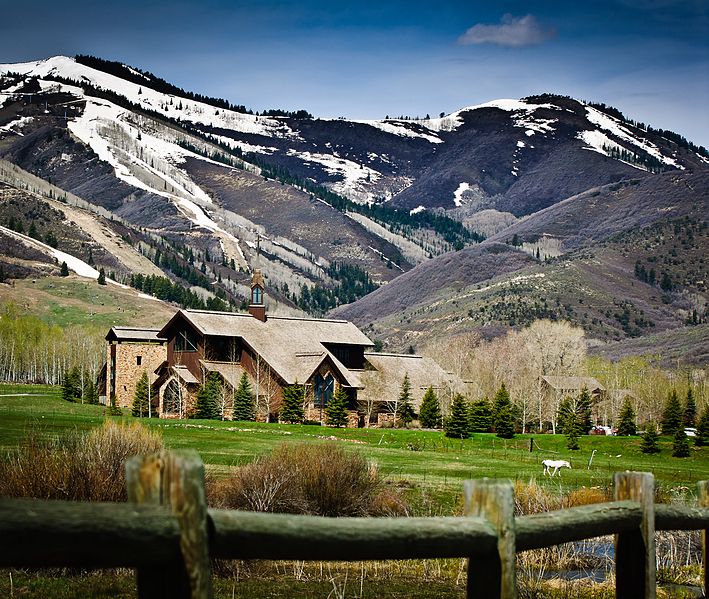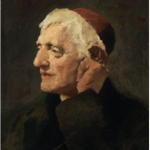
(Wikimedia Commons public domain image)
But the fact is that Middle Eastern cultures have traditionally been extremely patriarchal, and the “misogynistic” tales in the Nights faithfully reflect their culture of origin. Indeed, in a curious way that is one of the reasons for reading them and, more generally, for reading texts that have been produced in cultures and times other than our own. One of the major points of reading literature is to see the world, if only briefly and imperfectly, through the eyes someone other — and sometimes radically other — than ourselves.
I’m not sympathetic to people who want to ban Mark Twain’s great novel Huckleberry Finn because of its use of “the n word.” First of all, if we’re going to understand the past we need to see it as it actually was. And secondly, in Twain’s case, his portrayal of Jim was astoundingly sympathetic for its day. That must not be forgotten.
But back to the Nights:
I’m reminded of an anecdote about the great Scottish-American orientalist Duncan Black MacDonald (1863-1943). He wrote extensively about Islam but, at least at the point in his life from which the anecdote comes, had never actually visited the Middle East. Somebody apparently asked him whether he didn’t consider that a serious defect in his background. Not really, he replied. He read the Arabian Nights every year.
That’s not actually as silly a response as many might initially think. A medievalist (like Professor MacDonald) can never actually visit the focus of his studies. The medieval Middle East is dead and gone. But he can learn very much about it and its attitudes and thought-patterns by reading its literature. And the Nights are remarkably useful in that way. Apart from the genies and wizards and the magic, they incorporate a vast amount of information about the assumptions and traditions and practices of the societies that produced them — both the good ones and the less praiseworthy ones. They are a remarkable window into the past.
Posted from Calgary, Alberta, Canada












